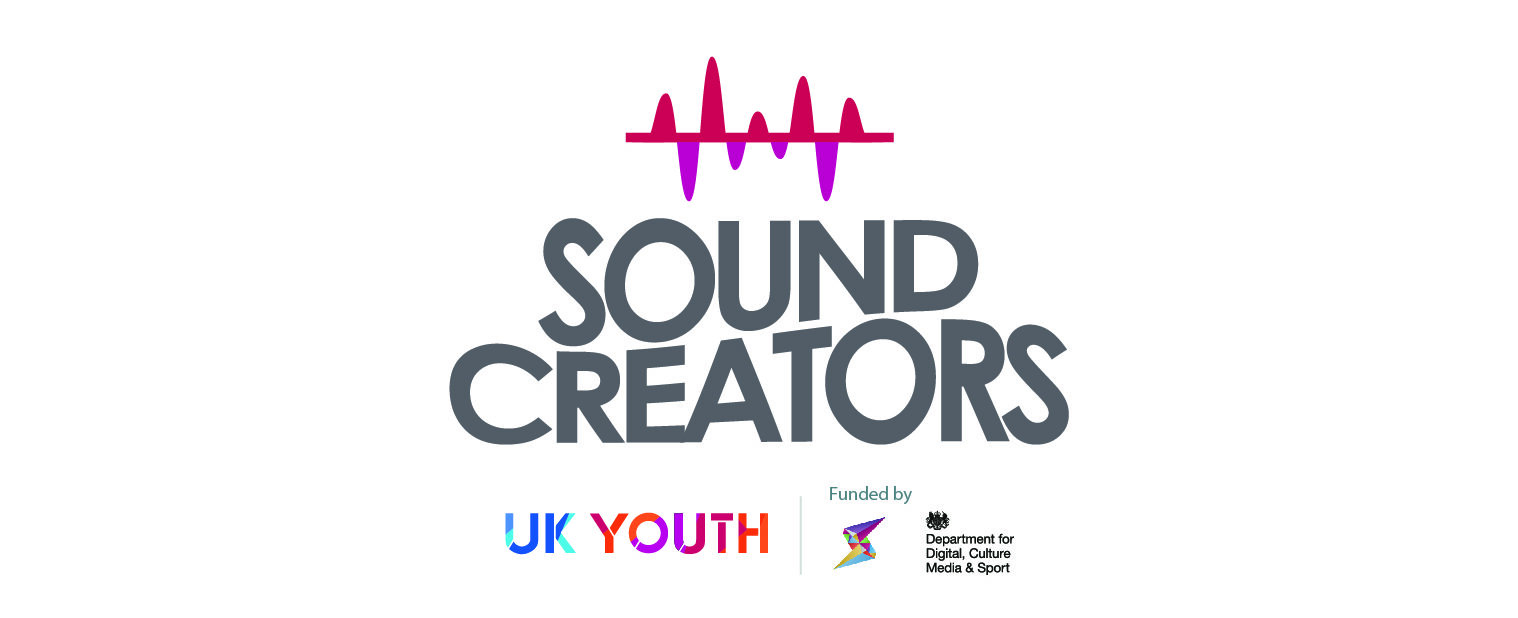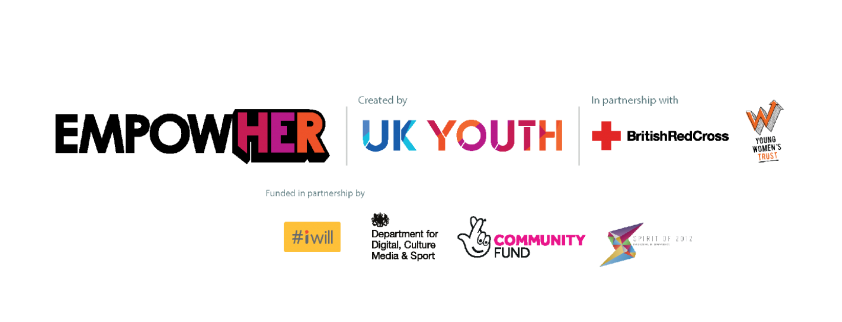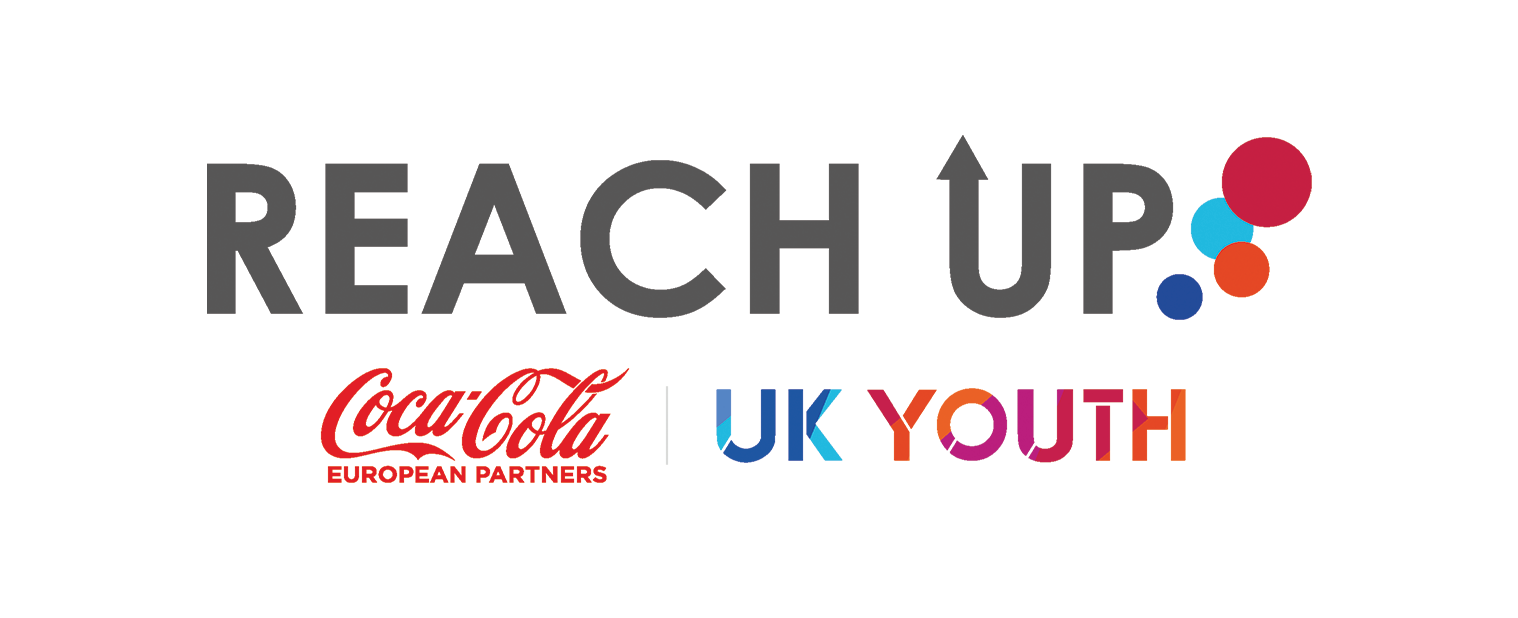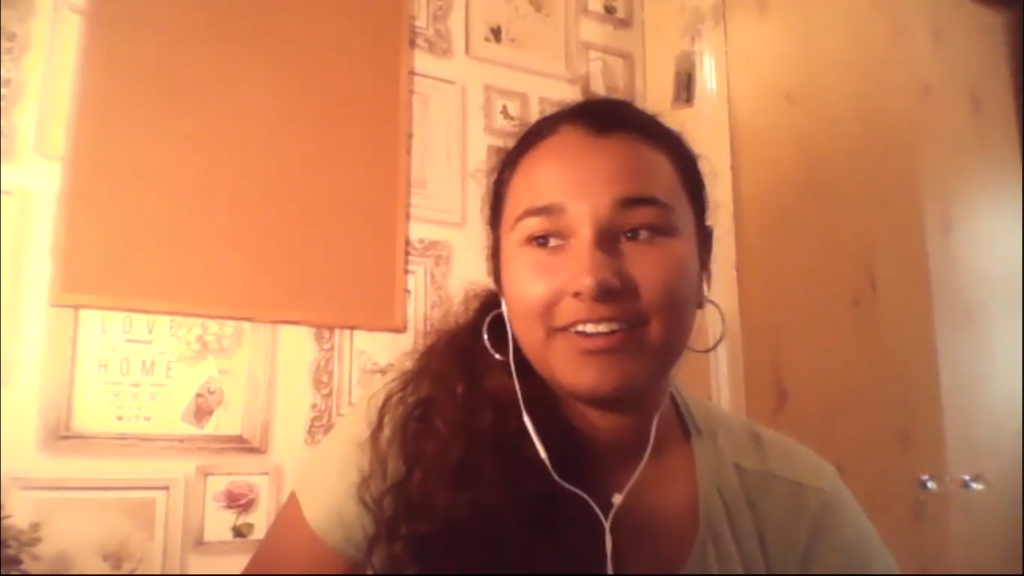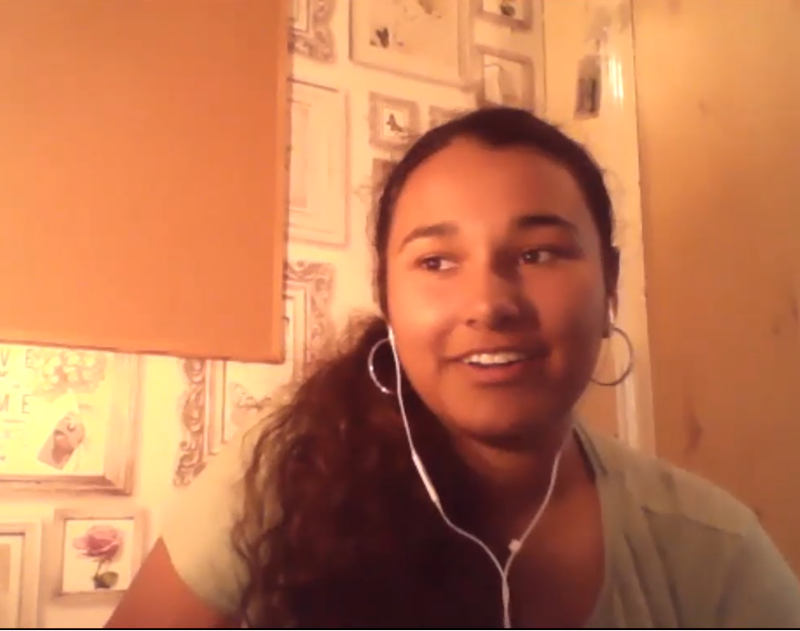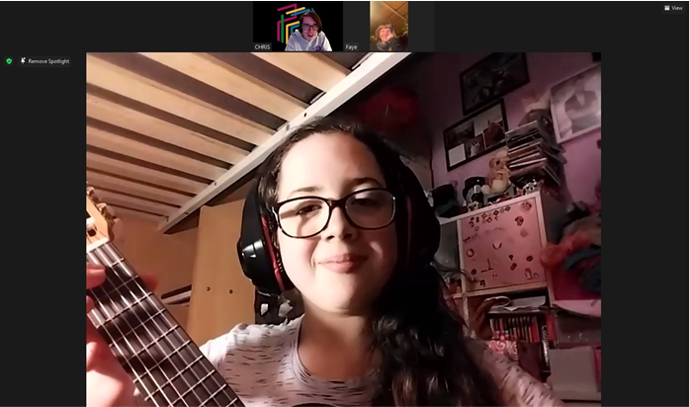
Our provision
Our programmes help young people develop skills that will change their lives. We’ve changed the way we run a lot of our programmes over the past year, and adapted the ways we support young people. We’ve been tackling problems such as loneliness, which has become much more widespread, social isolation, and low levels of mental wellbeing.
Loneliness
The last year has made it difficult for young people to socialise, which led to increased loneliness. To combat this and increase social interaction, we supported youth workers to deliver some of our group programmes online.
Our “Belong Collective” supported and engaged 388 youth workers and practitioners to connect and tackle youth loneliness.
91%
would recommend being part of the Collective to a friend or colleague. 86% felt better equipped to tackle youth loneliness.
We also worked with young people themselves to produce resources to support youth workers in tackling loneliness.
Our “Sound Creators” project, funded by the DCMS and Spirit of 2012, addresses social isolation and loneliness amongst young female carers in the UK. We improve their wellbeing by supporting them to express themselves through the exploration and creation of music.
Being a young carer often comes with complex feelings, which can be difficult to articulate and share. Sound Creators provides a non-judgemental space in which young female carers can speak openly and honestly.
“When I hear from other girls with the same type of responsibilities as me, I feel less alone. I have felt very alone in the past” – Sound Creators Participant, Uniting Communities Organisation.
Less access to opportunities
Due to all the restrictions throughout the last year, young people have had even less access to opportunities than before. Fortunately, we were able to keep provision going by offering some of our programmes online and piloting a much needed detached and outreach youth work project.
The EmpowHER programme inspires young women and girls (YW&G) to lead change in their community. Delivered in partnership with the British Red Cross and Young Women’s Trust, with funding from Spirit of 2012 and the #iwill Fund, it addresses low levels of wellbeing amongst YW&G in the UK. EmpowHER supports them to find their voice, be heard and give back to their local community.
It’s not easy to transition from face-to-face sessions to online only.
“It was a bit difficult getting them engaged for the first few weeks. YW&G found it hard to build relationships as quickly online”.
Youth workers used various online delivery techniques to make the project work and create safe spaces for the YW&G.
“We have really enjoyed delivering online and, in some instances, it’s proven more beneficial and positive. Girls feel more comfortable completing the tasks at home and really enjoyed receiving the package to their house.”- Youth Worker, Bolton Lads and Girls Club
73%
of YW&G said they had someone they feel comfortable talking to about their problems

Your Space is a street-based youth work initiative reaching out to vulnerable young people on their own terms, at a time and place which works for them. Funded by The Clothworkers’ Foundation, the programme targets problem areas known for serious violence, gang affiliation, grooming and drug and alcohol abuse. The pandemic has only exacerbated these problems, as youth organisations have had to close their doors. This has left young people with few places to go and made it difficult for them to meet youth workers and access support.
Through Your Space, youth workers have been able to help young people with a range of issues, from food packages and family concerns through to navigating complex rules and guidelines. Detached youth workers on the streets have also been a real boon for the community, building local partnerships to create solutions and support young people.
Lack of digital access
Although we’ve been able to keep some programmes going by moving them online, not all young people have access to the necessary equipment and technology. So we built in ‘tech access grants’ to our programmes, to support these young people and give them the digital tools to complete programmes remotely.
Early in the outbreak, we realised that young people from the most underserved communities were most likely to be left behind, due to lack of access to computers. So we worked with our corporate partners to get some crucial resources:
- Raspberry Pi provided thousands of digital desktop kits to the UK Youth Movement, to enable young people to get online and access support
- Microsoft provided online workshops and six months of free Teams software for the Movement, with training webinars included
- Google distributed approximately 1,000 ‘Be Internet Citizens’ toolkits to the Movement. The toolkits are resource packs for youth workers to use in delivering digital citizenship activities to young people.
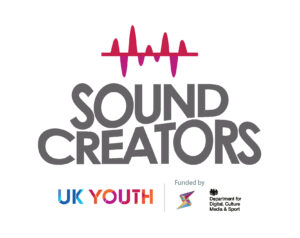
Sound Creators
For instance, a grant for Sound Creators meant we could still deliver the programme throughout the pandemic. Funder Spirit of 2012 agreed to expand the Access Fund to support online delivery, digital inclusion and distribution of equipment.
At the start of the programme
56%
of YW&G reported feeling the things they do in their life are worthwhile as high or very high. This increased to
73%
at the end of the programme.
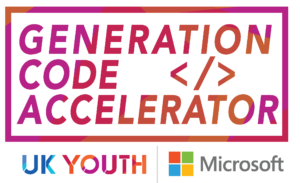
Generation Code
The Generation Code Accelerator programme aims to inspire and upskill youth workers to become digital changemakers. Run in partnership with Microsoft, it addresses the lack of embedded, sustainable digital provision in the youth sector.
Delivery partners had to deal with a host of technical issues caused by the rapid shift to online, such as digital fatigue and unexpected restrictions.
“Though many young people manage to traverse the digital divide, they do so on a digital ‘tightrope’, frequently accessing online learning and digital opportunities using a mobile phone, often shared between parents and siblings.” – Youth worker, Aik Saath.
To help bridge this gap, ‘The Digital Hub’ was formed, as part of the digital access strand. It’s a central hub where all of the best resources and specialist advice from Generation Code can be accessed by anyone who needs them.
36%
of organisations launched a digital strategy after taking part in the programme, and
45%
are developing one.
Poor mental health
The last year has taken a heavy toll on young people’s mental health, with lockdown and social restrictions the principal causes. We supported youth workers to deliver our wellbeing programmes online, making sure young people still had a safe place to talk.
EmpowHER
Poor mental health was the most common barrier reported in Cohort Four of EmpowHER. 41% of YW&G were affected, almost double the level from the previous cohort.
To tackle this, we talked about the situation with youth workers and carried out a survey and skills audit. This revealed a need for support and training around online delivery. We worked with our expert training and delivery partners to create a package including ‘Bereavement and trauma training’ and ‘Working with neurodiverse young people online’.
In partnership with Coca-Cola European Partners, Reach Up engages 16- to 25-year-olds who are either not in education, employment or training (NEET), at risk of becoming NEET, or underemployed. The programme gives them the confidence, skills and experience they need for the work place.
Most participants this year had said they were feeling low or struggling with mental health issues. We helped them devise ways employers can support mental health in the workplace; for instance, actually talking about wellbeing and mindfulness, and signposting to mental health support.
80%
of respondents felt the pandemic had made their mental health worse

